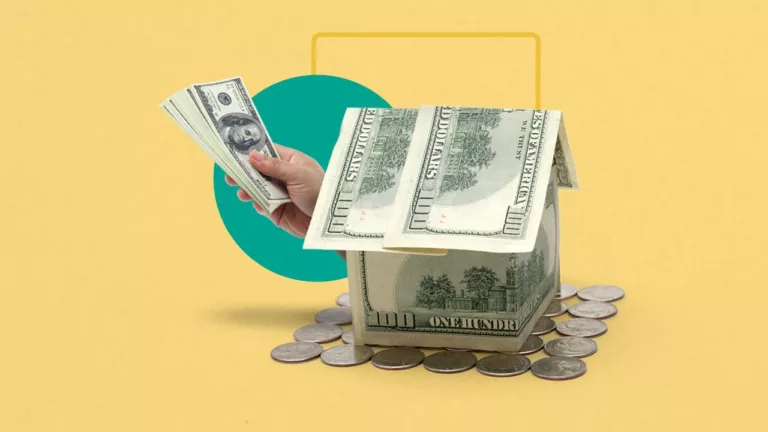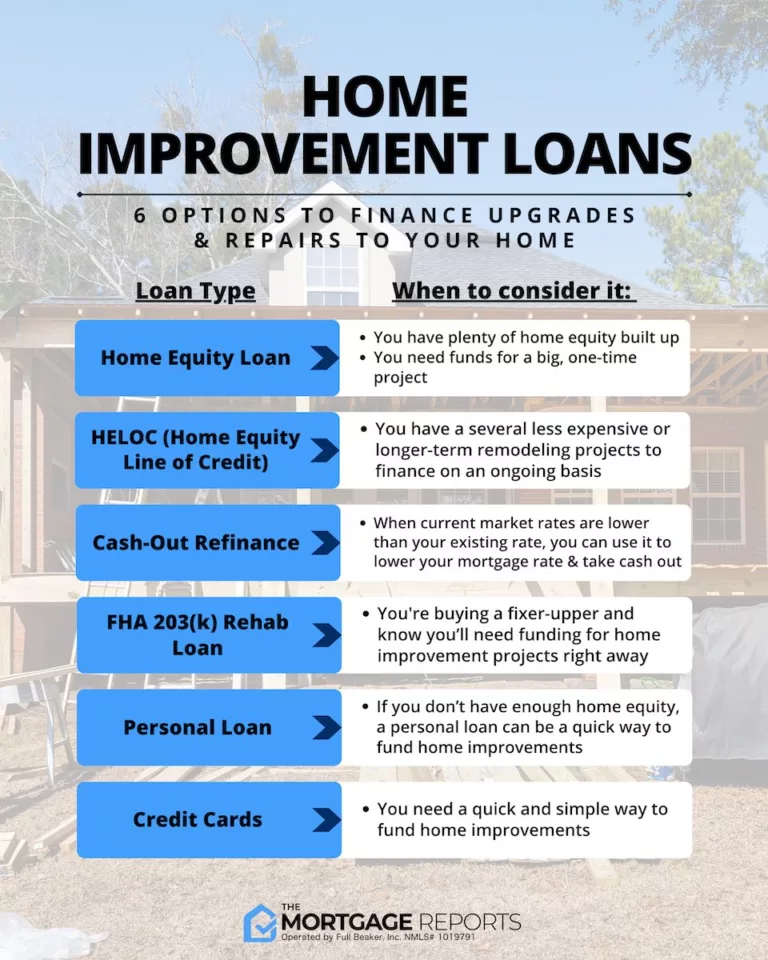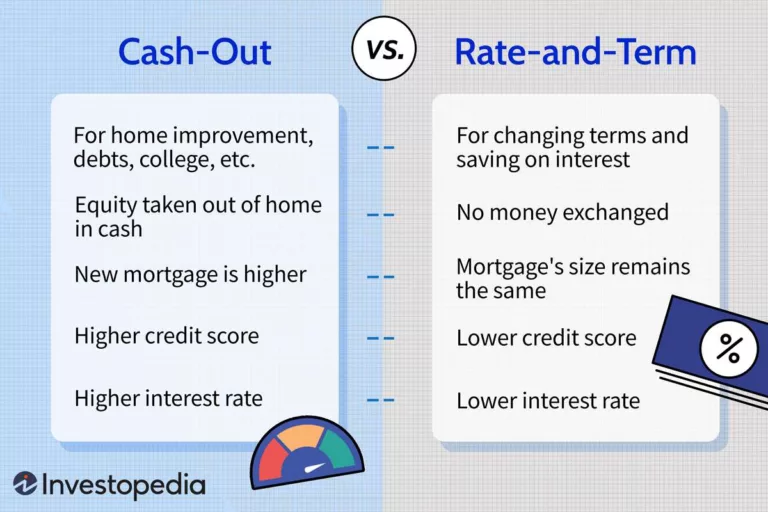How Much Can You Sell a Mortgage Note for? Unveiling the Potential Value
You can sell a mortgage note for the market value, which is typically a percentage of the remaining balance. Selling a mortgage note allows the holder to receive a lump sum payment instead of waiting for monthly payments.
Selling a mortgage note can be a beneficial option for those who are looking for a faster and more immediate return on their investment. Instead of waiting for monthly payments, selling the note allows the holder to receive a lump sum payment upfront.
The amount you can sell a mortgage note for is typically determined by the market value, which is determined by various factors such as the remaining balance, interest rate, and the creditworthiness of the borrower. This article will outline the key points to consider when selling a mortgage note and provide insights into the potential value you could receive. So, if you’re seeking a more advantageous financial arrangement, read on to understand how much you can sell your mortgage note for.

Credit: fastercapital.com
Factors Influencing Mortgage Note Value
When it comes to selling a mortgage note, it’s important to understand the factors that can influence its value. These factors include the interest rate, loan term, borrower creditworthiness, and property value. Let’s take a closer look at each of these factors:
Interest Rate
The interest rate on a mortgage note plays a significant role in determining its value. A higher interest rate can make the note more attractive to potential buyers, as it means a higher return on investment. On the other hand, a lower interest rate may result in a lower sale price for the note. It’s important to consider the current market interest rates when determining the value of a mortgage note.
Loan Term
The loan term refers to the length of time over which the borrower has agreed to repay the loan. Generally, shorter loan terms are preferred by investors, as they result in a faster return on investment. Therefore, mortgage notes with shorter loan terms may fetch higher sale prices. However, longer loan terms may still be valuable depending on other factors such as the interest rate and borrower creditworthiness.
Borrower Creditworthiness
The creditworthiness of the borrower is a crucial factor in determining the value of a mortgage note. Lenders look at the borrower’s credit score, financial history, and ability to make payments on time. A borrower with a high credit score and a strong financial track record is considered less risky, making the mortgage note more valuable. On the other hand, a borrower with a low credit score or a history of missed payments may decrease the value of the note.
Property Value
The value of the property securing the mortgage note also affects its market value. If the property’s value has increased since the note was originated, it may result in a higher sale price for the note. On the other hand, if the property’s value has declined or remained stagnant, it may impact the note’s value negatively. Lenders and investors consider the property value to assess the collateral backing the note and to evaluate potential risks.
Calculating The Present Value
When selling a mortgage note, it’s important to understand how to calculate the present value of the future mortgage cash flow. This allows you to determine the appropriate price to sell your mortgage note for. Several factors are involved in this calculation, including the discount rate, remaining balance, payment frequency, and loan maturity date.
Discount Rate
The discount rate plays a crucial role in calculating the present value of a mortgage note. It represents the return an investor requires for taking on the risk of purchasing your mortgage note. A higher discount rate indicates a higher risk and will result in a lower present value. Conversely, a lower discount rate reflects lower risk, leading to a higher present value. It is essential to consider market conditions and the perceived risk associated with your specific mortgage note when determining the appropriate discount rate.
Remaining Balance
The remaining balance of the mortgage note is another crucial factor in calculating the present value. This is the outstanding principal amount still owed by the borrower. The higher the remaining balance, the higher the present value of the mortgage note. However, it’s important to note that the remaining balance should be realistic and based on the current market value of the property. It is advisable to obtain a recent appraisal or professional estimate to ensure an accurate assessment of the remaining balance.
Payment Frequency
The payment frequency refers to how often the borrower makes payments on the mortgage note. Common options include monthly, quarterly, or semi-annually. The payment frequency directly impacts the present value calculation. More frequent payments result in a higher present value. This is because the investor receives cash flows at shorter intervals, allowing for reinvestment opportunities. Conversely, less frequent payments result in a lower present value.
Loan Maturity Date
The loan maturity date refers to the date when the mortgage will be fully repaid. It is an essential element for calculating the present value. The longer the remaining term until the loan maturity date, the higher the present value. This is because there are more future cash flows to consider, and the investor’s money is tied up for a more extended period. On the other hand, a shorter remaining term until maturity will result in a lower present value.
Market Trends And Demand
The market trends and demand for mortgage notes determine the selling price you can achieve. Explore the current market conditions to determine the optimal value for your mortgage note sale. Assessing the market trends allows sellers to make informed decisions and maximize their returns.
Mortgage notes offer a lucrative opportunity for individuals to sell their notes and receive a lump sum of cash upfront. However, one key factor that affects the amount you can sell a mortgage note for is the market trends and demand. Understanding the current state of the market and the demand from investors is essential for maximizing your selling potential.
Current Interest Rates
The first factor to consider when determining the value of a mortgage note is the current interest rates. Higher interest rates tend to decrease the value of mortgage notes, as investors can secure better returns elsewhere, while lower interest rates increase the demand for mortgage notes. When interest rates are low, investors are more likely to purchase mortgage notes at a higher price, potentially resulting in a higher payout for the seller.
Investor Appetite
Another important element to consider is investor appetite. Investor appetite refers to the demand from investors for mortgage notes. When the real estate market is thriving and investors are confident in the economy, the demand for mortgage notes increases. This heightened demand can drive up the selling price of mortgage notes, allowing sellers to command a higher value for their notes. On the other hand, during times of economic uncertainty or market downturns, investor appetite may decrease, impacting the potential selling price of mortgage notes.
Real Estate Market Conditions
The state of the real estate market also plays a significant role in determining the value of mortgage notes. When the real estate market is booming, and property values are on the rise, the demand for mortgage notes tends to increase. This increased demand can result in a higher selling price for mortgage notes. Conversely, during a market downturn or when property values are declining, the demand for mortgage notes may decrease, impacting the potential selling price.
Overall, understanding the market trends and demand is crucial when selling a mortgage note. By staying informed about current interest rates, investor appetite, and real estate market conditions, sellers can make informed decisions to maximize their selling potential.

Credit: www.linkedin.com
Working With Mortgage Note Buyers
Selling a mortgage note can vary in price, depending on factors like the terms of the note and the financial health of the payer. Working with mortgage note buyers can help you determine the value of your note and maximize your potential earnings.
They will evaluate factors such as interest rates, payment history, and property value to provide you with the best offer possible.
Researching Potential Buyers
Researching potential buyers is an important step when selling your mortgage note. By finding reputable mortgage note buyers, you can ensure a smooth and profitable transaction. Here are a few things to consider when researching potential buyers:
- Check their reputation: Look for online reviews and ratings to gauge the reliability and trustworthiness of potential buyers. A quick search will reveal insights into their track record and customer satisfaction.
- Consider their experience: Seek out buyers who have extensive experience in the mortgage note industry. Experienced buyers are more likely to offer fair prices and understand the complexities of the process.
- Look for specialization: Some buyers may specialize in specific types of mortgage notes, such as residential or commercial. Choosing a buyer who specializes in your type of note can lead to a smoother transaction and better understanding of the market.
- Check their accreditation: Verify whether the buyer is a member of professional organizations or has any certifications. This can add credibility and ensure that they follow ethical practices.
Getting Multiple Quotes
Getting multiple quotes is a wise strategy to secure the best price for your mortgage note. Here’s why:
- Price comparison: Obtaining quotes from multiple buyers allows you to compare offers and identify any discrepancies. This ensures you don’t settle for a lower price than the market value of your mortgage note.
- Negotiating power: When you have multiple quotes in hand, you gain the upper hand in negotiations. Use the offers as leverage to persuade buyers to increase their prices, resulting in a better deal for you.
- Understanding market trends: By receiving multiple quotes, you can get a sense of the current market trends. This knowledge empowers you to make an informed decision and avoid underselling your mortgage note.
Negotiating The Best Price
Negotiating the best price is crucial when selling your mortgage note, maximizing your profit potential. Here are a few tips to help you negotiate effectively:
- Know your worth: Do your homework and understand the value of your mortgage note. By having a clear idea of its market value, you can confidently negotiate for a fair price.
- Highlight the strengths: Emphasize any positive aspects of your mortgage note, such as a high-interest rate or a desirable location. Highlighting these strengths can persuade buyers to offer a higher price.
- Consider alternative terms: Negotiating the price is not the only way to secure a better deal. You can also negotiate for favorable terms, such as a shorter payment period or a higher down payment, which can increase the overall value of your mortgage note.
- Be willing to walk away: If negotiations are not going in your favor, don’t hesitate to walk away from a deal. There are plenty of mortgage note buyers out there, and by being confident in your value, you can attract buyers who are willing to meet your terms.
Legal Considerations
Legal considerations play a vital role when it comes to selling a mortgage note. Understanding the legal aspects of this process is key to ensuring a smooth and successful transaction. In this section, we will explore the important legal considerations you need to keep in mind when selling your mortgage note.
Due Diligence
Before selling a mortgage note, it is crucial to perform due diligence. This involves conducting a thorough investigation of the note’s terms and conditions, as well as verifying the identity of the note holder. By carefully reviewing all relevant documentation and confirming the legitimacy of the note, you can avoid any potential legal pitfalls down the line.
Contractual Obligations
When selling a mortgage note, you must consider your contractual obligations. This means reviewing the original agreement that was made between the note holder and the borrower. The terms and conditions outlined in the contract will determine the rights and responsibilities of both parties, including any restrictions on transferring or selling the note. It is essential to comply with these obligations and consult with legal professionals if needed.
Document Preparation
Proper document preparation is essential when selling a mortgage note. This involves gathering all relevant paperwork, such as the original contract, payment history, and any amendments or modifications to the note. Ensuring that all documents are properly organized and in order will help streamline the selling process and provide a comprehensive record for the buyer. Additionally, it is advisable to seek legal assistance to ensure that all necessary documents are prepared accurately and in accordance with applicable laws and regulations.

Credit: fastercapital.com
Frequently Asked Questions Of How Much Can You Sell A Mortgage Note For
How Do You Value A Private Mortgage Note?
To value a private mortgage note, consider factors like the interest rate, repayment term, borrower’s creditworthiness, and property value. A professional appraiser or note buyer can help determine its present worth and provide a fair offer for its purchase.
How Much Does It Cost To Buy Mortgage Notes?
The cost to buy mortgage notes varies depending on factors such as the value of the note and market conditions. It’s best to consult with a mortgage note broker or seller to get an accurate price. Remember to consider the risk and potential returns before making a purchase.
Why Sell A Mortgage Note?
Sell a mortgage note to quickly access cash and avoid dealing with monthly payments. It offers a flexible option to invest or meet immediate financial needs. Additionally, selling a mortgage note transfers the risk to the buyer and allows for potential profit if the note appreciates in value.
Can You Sell A Loan Note?
Yes, you can sell a loan note. It is possible to transfer ownership of a loan note to another party.
Conclusion
To wrap up, selling a mortgage note can be a lucrative option for those seeking immediate cash or looking to invest elsewhere. By evaluating factors such as the terms of the note, borrower creditworthiness, and current market conditions, sellers can determine a fair selling price.
Working with professionals, such as note buyers or brokers, can also facilitate a smoother process. Ultimately, understanding the value of your mortgage note and exploring the market can maximize the selling potential.




